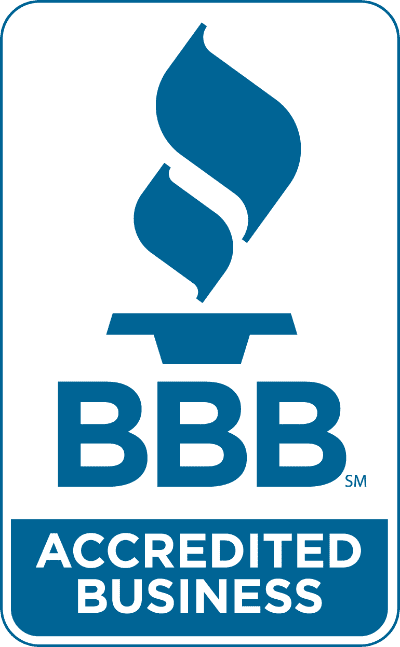In this blog, we’ll provide some plumbing tips for new homeowners to help you keep your home’s plumbing system in good condition.
Buying a new home is an exciting time, but it can also be overwhelming, especially when it comes to plumbing. As a new homeowner, it’s important to have a basic understanding of how your plumbing system works and how to maintain it properly to prevent issues down the line. Contact Eco Pro Plumbing if you face any Plumbing issues. We offer the best drain cleaning in Mississauga.
Here are some pointers and suggestions from our end that you can keep in mind
- Know Your Plumbing System
The first step in maintaining your plumbing system is to know how it works. Find out where your main water shut-off valve is located, and learn how to turn off the water supply to your home in case of an emergency. This will help you prevent water damage and make it easier to perform repairs.
- Fix Leaks Immediately
Even a small water leak can cause significant damage over time. Make it a habit to check for leaks regularly, and fix them immediately. Common areas for leaks include faucets, toilets, and pipes. If you’re not comfortable making repairs yourself, call a licensed plumber to handle the job.
- Don’t Ignore Clogs
Clogs can be a common issue in homes, especially if you have older plumbing or if you’re not careful about what you put down your drains. Don’t ignore clogs, as they can cause sewage backups, water damage, and health hazards. Use a plunger or drain snake to clear minor clogs, and call a plumber for more serious blockages.
- Avoid Chemical Drain Cleaners
Chemical drain cleaners can be harmful to your plumbing system and the environment. They can also damage your pipes and cause corrosion. Instead of using chemical drain cleaners, use a plunger or drain snake, or call a professional plumber for help.
- Keep Your Drains Clean
Prevent clogs by keeping your drains clean. Avoid pouring grease, oil, or coffee grounds down your drains, as these can cause blockages. Use a drain cover to prevent hair and other debris from entering your pipes. You can also use a mixture of baking soda and vinegar to clean your drains naturally.
- Test Your Water Pressure
Low water pressure can be a sign of a plumbing issue, such as a clogged pipe or a faulty water pressure regulator. Test your water pressure regularly to ensure it’s at the right level. You can do this by using a pressure gauge, which can be purchased at most hardware stores.
- Replace Your Water Heater
If your home’s water heater is more than 10 years old, it may be time for a replacement. A newer, more efficient water heater can save you money on your energy bills and provide a more reliable supply of hot water. Call a licensed plumber to help you choose the right water heater for your home.
- Insulate Your Pipes
If you live in a cold climate, it’s important to insulate your pipes to prevent them from freezing and bursting. You can purchase pipe insulation at most hardware stores. Be sure to also seal any gaps or cracks in your walls or foundation to prevent cold air from entering your home.
- Schedule Regular Maintenance
Prevent plumbing issues by scheduling regular maintenance with a licensed plumber. A professional plumber can perform a thorough inspection of your plumbing system and make any necessary repairs or upgrades. Regular maintenance can also extend the lifespan of your plumbing system and prevent costly repairs down the line.
- Learn How to Shut Off Your Water Supply
In addition to knowing where your main water shut-off valve is located, it’s also important to learn how to turn off the water supply to specific appliances or fixtures. For example, you should know how to shut off the water supply to your toilet or washing machine in case of an emergency.
- Be Careful What You Flush
Avoid flushing anything down your toilet other than toilet paper and human waste. Items like wipes, feminine hygiene products, and paper towels can cause clogs and damage your plumbing system. If you’re not sure if something is safe to flush, throw it in the trash instead.





